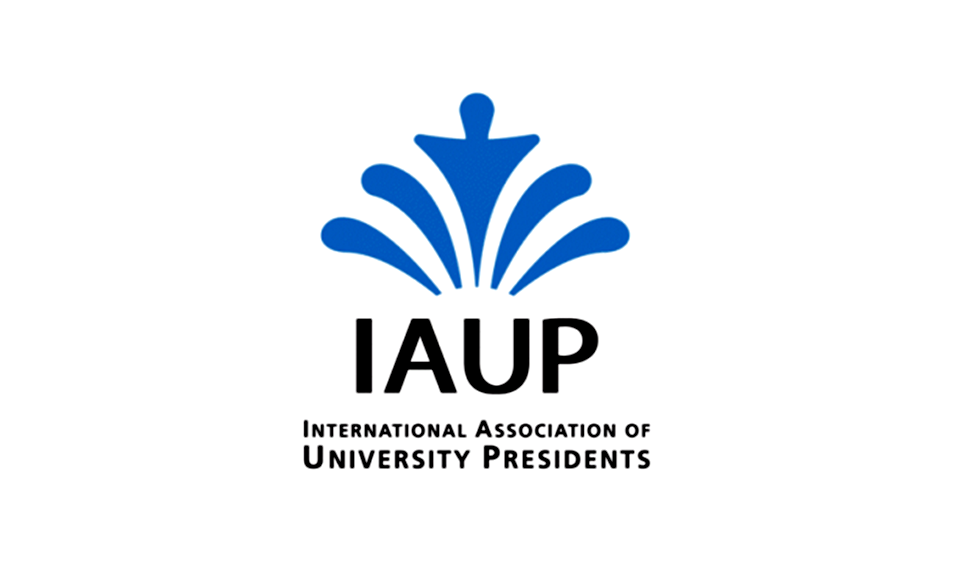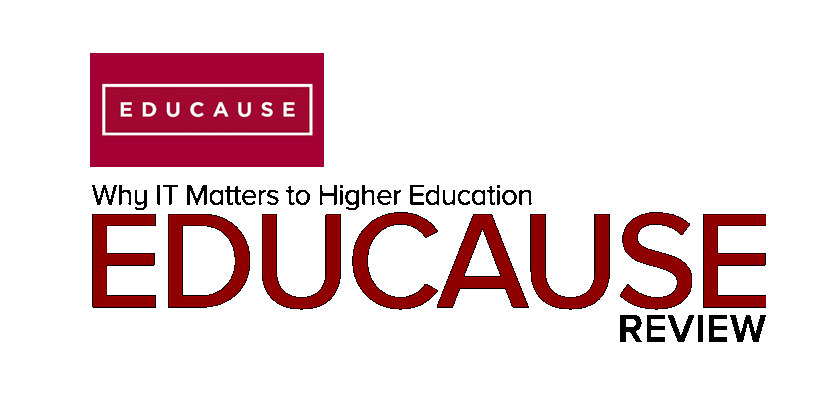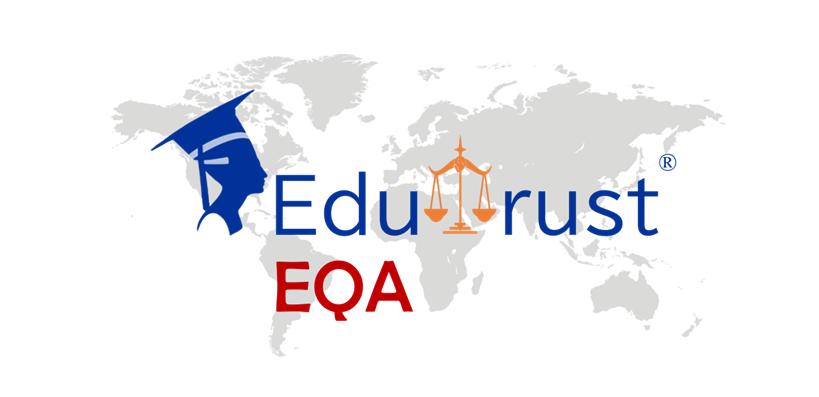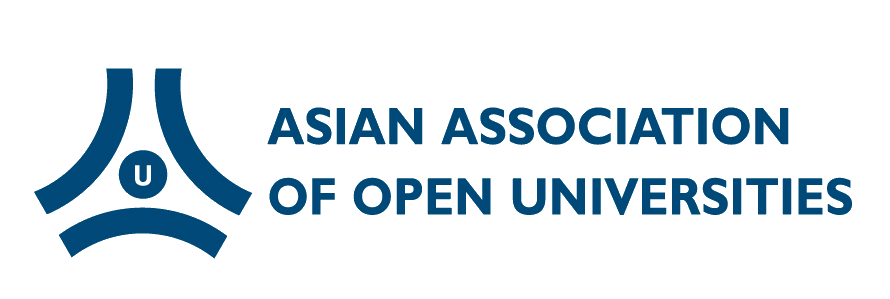Agriculture, Food and Wine
Master of Global Food and Nutrition Science - Waite Campus
- Domestic
- International
About Degree
Feed the world
Creating safe, nutritious, sustainable, and equitable food systems is a growing global challenge. New ways of thinking and problem-solving are needed to secure and stabilise our future. Make the most of your talent for chemistry and engineering by developing sought-after specialist skills and become a leader in this expanding field.
What will you do?
Our Master of Global Food and Nutrition Science is technology and innovation focused, with global relevance at all levels. You will:
- expand your knowledge of nutrigenomics and metabolic nutrition
- apply sensory and flavour science to new product development
- investigate emerging processing and preservation techniques
- consider value-adding and reformulation advances
- deep dive into current food trends and opportunities for industry
- critically evaluate local, national, and international legislative and regulatory policy
- tackle issues of equity and social justice
- build peer relationships in your own learning space, within the University’s dedicated Food Innovation Laboratory
- complete an independent capstone research project.
Where could it take you?
You might become a leading scientist in wood-derived fibre alternatives or de-stigmatise insects for eating. You could change the future of sustainable packaging. Perhaps you’ll revolutionise first foods for infants or be an expert in antimicrobial resistance.
Entry Requirements
Choose your applicant type to view the relevant admissions information for this program.I am a:
- Domestic
- International
Domestic applicants
| SATAC Code | 3CM257 |
|---|---|
| Deferment | Yes - 2 year |
| Intake | July |
Selection Criteria
| Higher Education Study | A relevant Bachelor's degree or equivalent, in the fields of food science, food technology, food engineering and nutrition, with a minimum GPA of 5.0. |
|---|
International applicants
| CRICOS | 109094F |
|---|---|
| Intake | July (February and July from 2024 onwards) |
Selection Criteria
English Language Requirements
| Australian Year 12 | Successful completion of an Australian year 12 qualification with a minimum pass in an accepted English language subject | ||||||||||||
|---|---|---|---|---|---|---|---|---|---|---|---|---|---|
| English Tests accepted by the University of APSB |
| ||||||||||||
| |||||||||||||
| |||||||||||||
| |||||||||||||
| Qualifications that meet minimum English requirements | A range of alternative qualifications may meet the University’s minimum English requirements | ||||||||||||
Academic Entry Requirements
Detailed information on international qualifications assessment
| Tertiary Qualifications | A relevant Bachelor's degree or equivalent with a minimum GPA of 5.0 in the fields of food science, food technology, food engineering and nutrition. | |
|---|---|---|
How to Apply
Fees and Scholarships
Choose your applicant type to view the relevant fees and scholarships information for this program.I am a:
- Domestic
- International
Domestic applicants
| Indicative annual tuition fees | Australian Full-fee place: $38,500 |
Where the standard duration of the program is less than one year the full cost of the program is displayed.
Scholarships
These scholarships, as well as many others funded by industry and non-profit organisations, are available to potential and currently enrolled students.
International applicants
| Indicative annual tuition fees (24 units) | International student place: $48,500 |
Where the standard duration of the program is less than one year the full cost of the program is displayed.
More information on International Student tuition fees.
Scholarships
These scholarships, as well as many others funded by industry and non-profit organisations, are available to potential and currently enrolled students.
Careers
Potential careers
Entrepreneur, Flavour Chemist, Food Engineer, Food Marketer, Food Production Engineer, Food Scientist, Food Scientist, Food Technologist, Food Standards Officer, Food Technologist
Degree Structure
Example Study Plan
| Level I |
|---|
Semester II
Semester I
|
| Level II |
Semester II
Semester I
|
| Approved Electives |
|
























